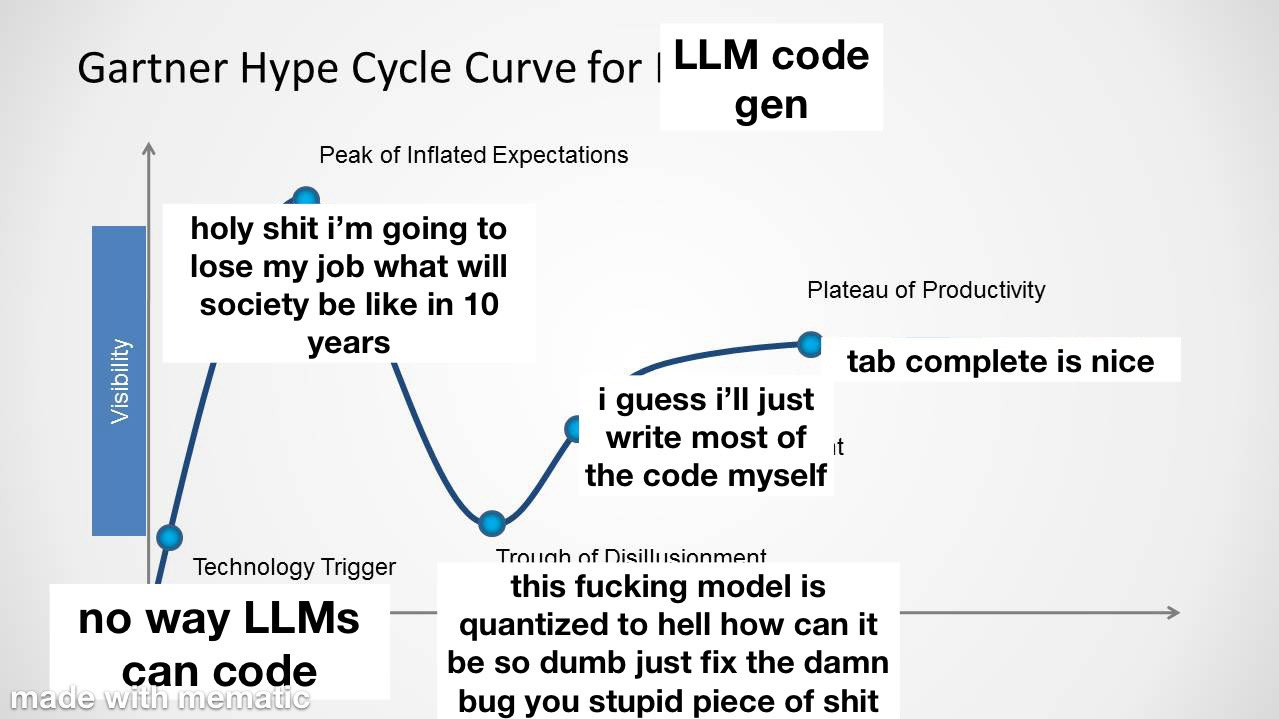The Cost of Costing Nothing
The emotional labor of reading your Chat
If you missed it, a few days ago someone shared ChatGPT logs that were made public on the internet. While OpenAI was quick to fix it by removing these from Google’s index, the chats remain archived by WayBackMachine. Many were upset by this, but what really upsets me is that people are sharing ChatGPT conversations at all.
When 3.5 came out, I remember everyone would send anyone who would listen a poem, a rap, or some other trite garbage written by a clanker. While that novelty wore off quickly, what hasn’t changed is that people are still sharing much more mundane chat’s with each other.
I am sure we have all been a victim of the emotional burden of being sent someone else’s research, analysis, discussion, or meandering thought. I know every time I get one of these, I can immediately feel my blood boil, and I’ve narrowed down the cause.
The cost of thinking has been offloaded to the consumer, not the producer.
Let’s say you had some project at work. It used to be that you would do your analysis and research, capture your thoughts, synthesize information, and then send that work out for feedback. But more and more, people are simply throwing the problem and data into a model, and sending the model’s results (either via a link, or just raw copy and paste) to others. The idea is that it should be their job to synthesize information.
It’s the offloading of emotional labor to the person who is receiving information, not the person producing it. And with AI, the cost of doing more things has fallen to essentially zero. It’s my belief that things having some cost is actually a feature of a system, not a bug. It’s easy to come up with ideas, it’s doing something about that is actually hard.
Everyone wants a piece of the pie. Nobody wants to bake.
People have been primed to be rewarded for accomplishing what feels like the task: getting analysis complete. But the real hard work, the work where value is actually created, was never done.
The smartest intern
In many ways, the very nature of how we build and train AI systems is to create the worlds smartest intern. There is no experience in these models, the data consists of the entirety of written data available to it. But when we think of why we hire experienced engineers, product managers, and staff it’s because we know they’ve learned through experience what could not be learned in books.
What we are moving toward though, is a new playing field where people rely not on their experience and judgement, but on the average next token, to drive decisions. I think in this environment, more than ever, the value of good taste will rise. It takes a certain annoying type of person, one with good taste and the confidence to assert it, to push back against AI slop dominated work. The forces are often against them, as AI-produced work feels fast, feels important, feels useful.
And this is not to say AI is not a useful assistant in day-to-day knowledge work. I use it all the time in brainstorming, outlining, reviewing, and essentially acting as a much better search engine.
But what I don’t do is take AI-output and present it to others as if I had something worth sharing.
Even me, the vibe-coding lover, who was one-shotting with Claude, find myself frequently deleting more code and writing it myself. I created applications that almost work but are impossible to debug or understand. Largely because the way they were structured doesn’t make sense to me, even if they do make sense to a clanker.
Who knows, I could be wrong. Maybe the future is offloading all our thinking to the robots, and I’m the one that is going to be left behind.





you captured very well a feeling I've been trying to put into words for months, thank you
I do think the value of good taste will become more pronounced in the areas where quality and human curation drive value - art, design, architecture, fashion, music, writing - more subjective fields and yet-to-be-studied economic impact
Incredibly written! Auto-sending AI exhaust to someone else is extremely disrespectful. It's almost addictive to vibe code and get those immediate results, but the distance from a cool POC to production is really far.